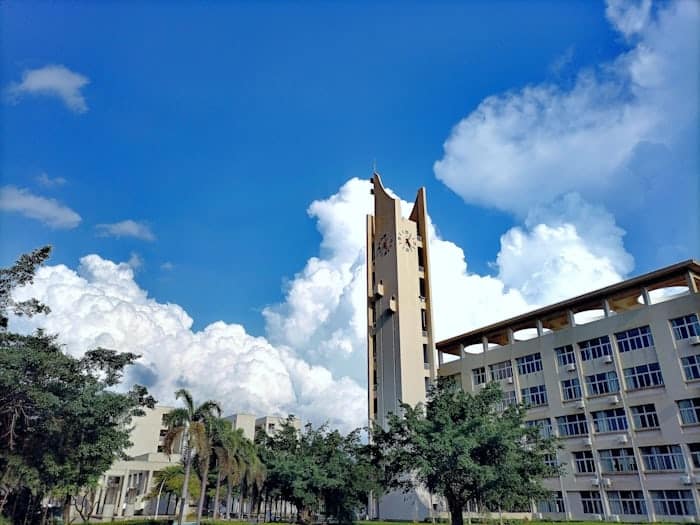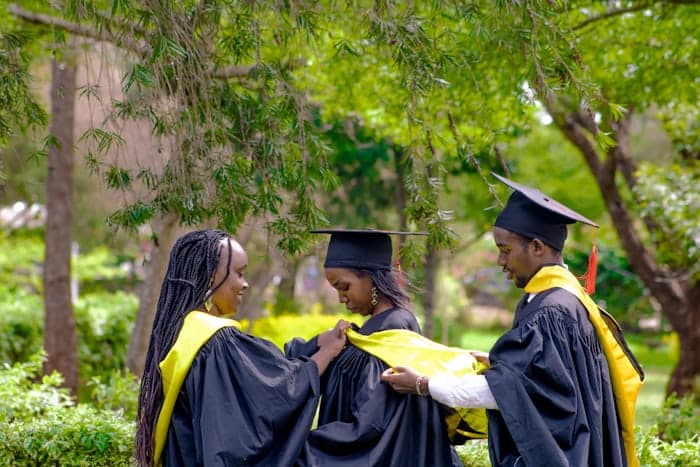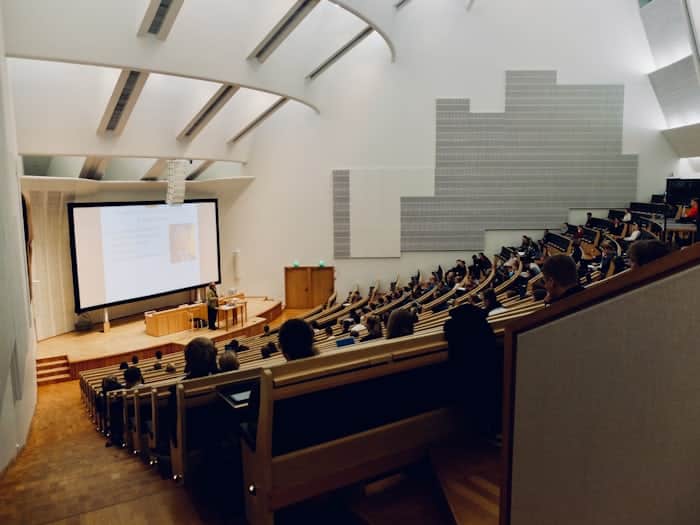If you are a student in Nigeria planning to study Mass Communication at a university or polytechnic, one of the most important things you must know is the correct subject combination for your exams, especially for JAMB UTME and O’Level results.
This article explains the subject requirements for Mass Communication, the importance of choosing the right subjects, and how to avoid common mistakes that could stop you from getting admission.
What Is Mass Communication?
Mass Communication is the process of sending and receiving information to a large number of people using media like newspapers, radio, television, social media, and the internet. It covers fields like:
- Journalism
- Broadcasting
- Advertising
- Public Relations
- Film and Multimedia Production
If you’re interested in telling stories, reporting news, working in radio or TV, or managing public image for brands, Mass Communication might be the perfect course for you.
Why Subject Combination Matters
Every university and polytechnic in Nigeria follows guidelines from the Joint Admissions and Matriculation Board (JAMB) and the West African Examinations Council (WAEC/NECO). If you don’t pick the right subjects for Mass Communication, your JAMB or post-UTME application could be rejected, no matter how high your score is.
UTME (JAMB) Subject Combination for Mass Communication
To study Mass Communication at the university level, JAMB requires four subjects. The correct UTME subject combination is:
- Use of English (Compulsory for all courses)
- Literature in English
- Government or History
- Any other Arts or Social Science subject (e.g., CRS/IRS, Economics, Civic Education, Fine Arts)
Breakdown:
- Use of English tests your general understanding of English grammar and comprehension.
- Literature in English shows your ability to analyze texts, which is vital for journalism and media.
- Government or History helps develop your understanding of political systems and society.
- A fourth subject like Economics or CRS shows your wider interest in social issues.
Avoid picking science subjects like Physics or Chemistry if you want to study Mass Communication. They are not relevant for this course and can cost you admission.
WAEC/NECO Subject Requirements for Mass Communication
In your O’Level (WAEC or NECO), you must have at least five (5) credit passes, including:
- English Language (Compulsory)
- Mathematics (Compulsory)
- Literature in English
- Government, Civic Education, or History
- Any other Arts or Social Science subject (e.g., CRS/IRS, Economics, Yoruba/Igbo/Hausa, Fine Arts)
Additional Tips:
- You must get these subjects in not more than two sittings.
- Some universities may insist on one sitting for competitive courses like Mass Communication.
Subject Combination for Direct Entry into Mass Communication
If you’re applying through Direct Entry (DE) instead of JAMB UTME, you need:
- Two A-Level passes in relevant subjects like Literature in English, Government, or any related Art/Social Science subject.
- ND, NCE, or HND in Mass Communication or related fields with good grades.
Make sure your transcript or diploma matches university requirements.
Best Universities to Study Mass Communication in Nigeria
Here are some of the top universities that offer Mass Communication:
| University | Location | Type |
|---|---|---|
| University of Lagos (UNILAG) | Lagos | Federal |
| University of Nigeria, Nsukka (UNN) | Enugu | Federal |
| Covenant University | Ogun | Private |
| Lagos State University (LASU) | Lagos | State |
| Nnamdi Azikiwe University (UNIZIK) | Anambra | Federal |
| Caleb University | Lagos | Private |
| Babcock University | Ogun | Private |
Each school might slightly adjust the subject combination for their post-UTME, so always check their admission brochure.
Mass Communication in Polytechnics
Polytechnics also offer Mass Communication under OND (Ordinary National Diploma) and HND (Higher National Diploma). Examples include:
- Yaba College of Technology (YABATECH)
- Federal Polytechnic, Nekede
- The Polytechnic, Ibadan
- Auchi Polytechnic
Subject combinations for polytechnics follow similar guidelines:
- JAMB UTME: English, Literature, Government, one Art/Social Science
- O’Level: At least 5 credits in English, Mathematics, Literature, and two relevant subjects
Skills You Need for Mass Communication
Aside from passing your subjects, you need the following skills to succeed in Mass Communication:
- Strong writing and speaking skills
- Critical thinking
- Public speaking confidence
- Creativity
- Digital media literacy (social media, video, blogging, etc.)
Many schools now include practical courses like photojournalism, blogging, podcasting, and video editing.
Career Opportunities in Mass Communication
Studying Mass Communication opens the door to many exciting careers, including:
| Career Path | Description |
|---|---|
| Journalist | Reporting news for TV, radio, or newspapers |
| Broadcaster | Working as a TV or radio presenter |
| Public Relations Officer | Managing public image of individuals or companies |
| Content Creator | Creating videos, blogs, or social media content |
| Advertising Executive | Designing marketing campaigns for brands |
| Film Director/Editor | Producing and editing movies or documentaries |
| Communication Specialist | Managing internal communication in organizations |
Mistakes to Avoid When Choosing Subjects
- Ignoring Literature in English – It’s often required by most schools.
- Choosing irrelevant science subjects – Mass Communication is an Arts/Social Science course.
- Failing to check individual university requirements – Some schools add extra requirements.
- Poor performance in English or Mathematics – These are compulsory O’Level credits.
FAQs About Mass Communication Subject Combination
1. Can I study Mass Communication without Literature in English?
Most universities require Literature in English. You may find limited options at some polytechnics if you don’t have it.
2. Is Government compulsory?
Government or History is recommended but not strictly compulsory. However, it gives you an edge in post-UTME and admission.
3. Can I combine WAEC and NECO results?
Yes, but most schools only accept a maximum of two sittings.
4. Can a science student switch to Mass Communication?
Yes, but you must meet the required subjects in your O’Level and JAMB UTME.
5. Is Mass Communication a competitive course?
Yes. Because of its popularity, many students apply each year. High JAMB and post-UTME scores increase your chances.
Final Advice to Students
- Start preparing early by focusing on English and Literature.
- Avoid wrong subject combinations that will cost you admission.
- Use JAMB brochure and university websites to confirm their latest requirements.
- Practice past questions for JAMB and post-UTME.
- Develop your communication and writing skills; it will give you an edge after school.
Summary Table: Subject Combination for Mass Communication
| Requirement | Subjects Needed |
|---|---|
| JAMB UTME | English, Literature, Government/History, Any Art/Social Science |
| WAEC/NECO (O’Level) | English, Mathematics, Literature, Government/Civic, Any relevant subject |
| Direct Entry (DE) | Two A-Level passes or ND/NCE in related field |







